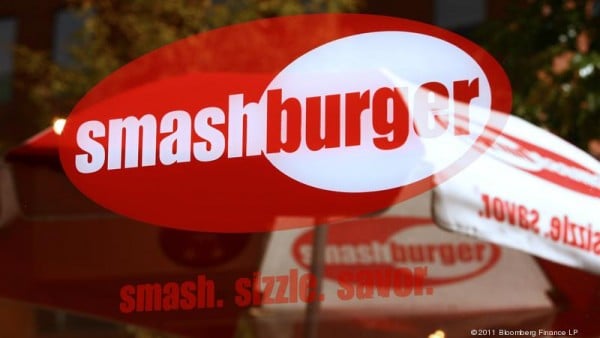If you are as intrigued by the restaurant industry as I am, you will notice there has been a recent proliferation of fast casual concepts, especially during the past decade. Modern consumers have new values as they search for everyday convenient meal choices when compared to prior generations.
They desire higher quality food that is served with real silverware and brought to their tables, as well as a bright, bold, and high energy dining atmosphere — for half the price they would pay at a full-service restaurant. Modern food consumers want a distinctive balance of quality, convenience, aesthetics and affordability.
The concept of fast casual dining is simple: Provide the highest quality food possible at a price that allows consumers to eat out often (three to four times per week), provide counter service so customers can order food quickly and enjoy the experience of the restaurant for a longer period of time, and develop aesthetically pleasing restaurants that are also environmentally friendly.
These are the basics — the greens fees, per se. To differentiate themselves from the competition and maintain a high share in the marketplace, fast casual chains must also offer the freshest ingredients possible, as well as first-rate customer service and a warm, inviting atmosphere.
Three fast casual must-haves
1. Fresh ingredients
Let's start with the food. Fast casual consumers value great food, especially the ingredients restaurants choose. The fresher the ingredients are, the better. Consumers also care about handling and cooking techniques. They want to feel good about the products they are consuming. Finally, they want a certain level of menu variety that covers a wide range of tastes and choices.
2. Friendly service
Service must not only be fast and accurate, but friendly as well. Again, fast casual consumers desire a dining experience that is as close to full-service as possible. This desire entails the ways in which they are treated by the restaurant's staff as well. To meet customers' expectations, fast casual restaurants should provide as much full-service dimension as possible, especially during dinnertime.
3. A high energy atmosphere
As customers enter a fast casual restaurant, they do not only expect it to be modern looking, but as warm and inviting as possible too. Staff members should be highly energetic and outgoing. Again, friendly service is crucial.
The evolution continues
The fast casual industry is evolving continuously, arguably at a high rate, so it is difficult to predict with any certainty exactly what will occur within the fast casual marketplace in the future. But I anticipate the following trends will be noticed over the next decade.
Increasingly better food, increasingly faster service
To compete long-term, fast casual restaurants will continue to create modern expressions of foods that approach — and preferably exceed — the menu items offered at full-service establishments. Yet, at the same time, fast casual restaurants will also have to deliver food as quickly as fast food chains, if not faster. These are the principles that will ultimately lead fast casual restaurants to continuously evolve so they can differentiate themselves from fast food and full-service restaurants.
New ethnic concepts will enter the arena
I anticipate more ethnic diversity — whether it be Greek, Thai, or Asian food — will be noticed in fast casual chains in the future. There is a lot of experimentation currently occurring in the restaurant industry and ethnic restaurants are becoming increasingly popular, especially since consumers desire a wider variety of options.
A shift may occur soon
As mentioned, fast casual chains already provide customers elements of full-service restaurants, from silverware to aesthetics. But when will full-service restaurants begin to adopt some of fast casual chains' principles within their own establishments? It would not surprise me if a shift occurs soon in which full-service restaurants offer more affordable choices, as well an option for guests to order directly from a counter, rather than being seated. Boundaries would indeed be broken if this occurs.
The spirit of Denver
Finally, it is important to recognize the impact the Denver area has had on the fast casual industry, as many fast casual restaurants were founded in Denver, from Noodles & Co. to Chipotle to Smashburger.
Denver has a lot going for it. It is business friendly, centrally located, and offers its residents plenty of recreational joy. There is a spirit in Denver — a positive, aggressive, "can-do" spirit — that keeps residents positive and full of energy.
As proven in the past, a majority of the fast casual restaurants founded in Denver have had success throughout the world. It is a great place for entrepreneurs to start, especially if their interests in fast casual concepts are leading them to consider a future in the industry.
For original article, click here.


